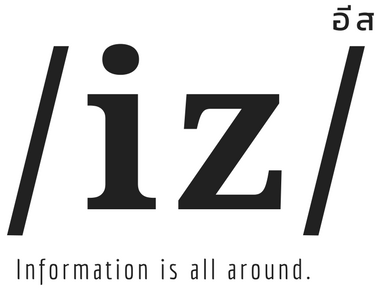Have you ever taken any notice of the increasing accessibility of online full-text scholarly resources? Ones can access to the vast number of full-text journal articles, theses, or research reports across the globe via the Internet free of charge with any unrestricted usage. This incident is called “Open Access (OA)” movement. Research councils in several countries such as USA., UK, or European countries have launched the Open Access policies to stimulate researchers and academic institutions to self-archive their research output in digital repositories or publish them in open access journals with the ultimate goals in terms of knowledge sharing and the availability and accessibility of funded research output. So let’s see how various stakeholder groups gain from the Open Access movement which happened in the 2000s.
For authors themselves, the Open Access increases the visibility and usage of research output. The authors would certainly love to share their research findings with others in the field. The research projects seemingly fail if no one can use or access to their research output. The journal subscription fees become critical barriers for the readers to access the author’s research papers. Therefore, a free access to research output increases the widespread readership including the citation. Moreover, the Open Access has benefits for the authors in terms of increased collaboration across institutions, research reputation, and/or career advancement.
Making research publicly available offers the public to build on new ideas. This advances the state of the field. As a student and an educator in any discipline, you may get frustrated when you would like to cite some journal articles but your institution does not have a subscription. Then you may decide not to use those recent sources. In contrast, the Open Access movement enhances students, researchers, and the general public to keep up to date the cutting-edge research findings and to extend knowledge. Both educators and students can access to affordable and high-quality educational resources.
In short, the Open Access movement introduces enormous changes to scholarly practices and community. At the first stage, it is difficult to get the involvement from any stakeholders. However, every stakeholder groups eventually perceive the positive impacts of open access scholarship and add values to open access in order to move science forward. So will you advocate the Open Access movement?
Sources
- Why Open Access? (n.d.) From http://www.righttoresearch.org/learn/whyOA/index.shtml#The_Public
- The impact of Open Access. (2017). From: https://libraryconnect.elsevier.com/articles/100-stories-show-why-open-access-matters

